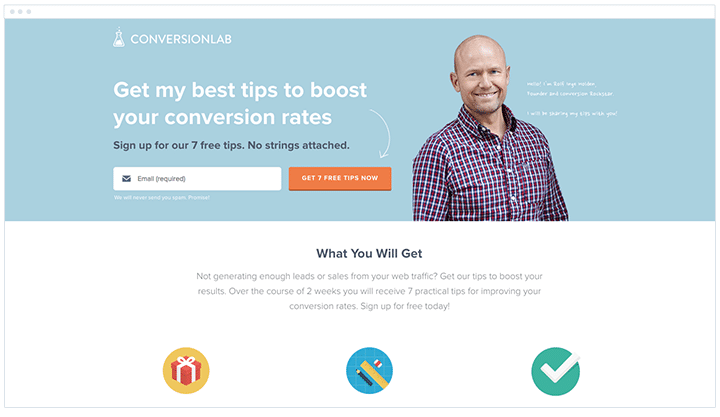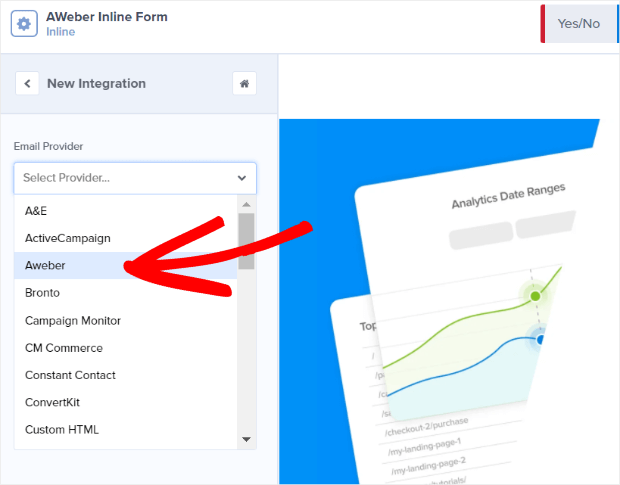It is essential to consider the following factors when purchasing an email database of hospital CEOs. The information should be accurate, reliable and in accordance with all laws and regulations. Here's a list of the most important factors to consider:1. Quality of data and accuracy
Source of information: Ensure that the list provider has reliable sources, such as professional databases, business directories or opt-ins that are verified. Reliable data can reduce the possibility of incorrect information.
Verification Process. Verify the frequency with when data is updated. Unvalidated emails can result in high bounce rates, which could affect your marketing efforts and your reputation.
Segmentation and Filters Ensure that the list is able to be segmented, such as by the location of the hospital, its size and kind of hospital (e.g. private or public), or specific areas of expertise. Marketing campaigns focused on specific areas of expertise will be more effective than ones that have a broad appeal.
Email Delivery - Examine to see if the service you use gives guarantees on the delivery of emails. A high bounce rate may adversely affect your domain's email sending reputation.
2. Legal Regulations
Data Privacy Laws. Make sure your email list complies to the regulations, such as the General Data Protection Regulation in Europe, or the California Consumer Privacy Act in the U.S. It is important to ensure that any information collected is consented to and is used in a responsible manner.
CANSPAM Act : If reside located in the U.S.A. be sure that your email list conforms to the CANSPAM Act. It governs commercial email. Non-compliance could result in penalties.
Permission-based marketing: Check if CEOs gave their permission for the emails to be sent. Sending unsolicited emails may cause penalties and harm to the reputation of your business.
3. Provider Reputation
Reviews and testimonials: Check the provider's online reputation through reading testimonials, reviews, or case studies. Search for positive feedback by other customers from similar industries.
Transparency. Make sure that the provider has an open and transparent process for the gathering as well as the maintenance and update of data. Do not choose a provider who isn't able to clearly explain the process of collecting data.
Customer Support: Select an organization that provides a robust customer support. It is possible that you require assistance with making data more customizable, understanding legal obligations, or technical problems.
4. Cost and Value
Pricing Model: Different providers provide different pricing structures (e.g. pay-per-lead, subscription, or flat-fee models). Check prices and ensure they're within your budget. Also, take into consideration the ROI (return on investment) you expect.
Refund policy: Select an organization that will refund or replace inactive email addresses and contacts that don't match your criteria.
Additional Services: Some vendors provide additional services like email campaign management, CRM integration or marketing automation. These additional services could be beneficial to your company.
5. Data Usage
Exclusive vs. shared lists: Find out whether an email list you own is exclusive to your business or shared among many customers. A list that is exclusive is more likely to generate higher engagement. However the list that is shared can lead to audience fatigue as a result of too much contact.
Understand the differences between ownership and licensing. Access to the data on a continuous basis may require recurring payments or licenses.
6. Data Integration and Format
CRM Compatibility: Look to determine if the email list can be seamlessly integrated with your CRM tool or email marketing software. Search for formats like CSV or Excel that are supported by most platforms.
Easy of Use: Determine how easy it is to manage, filter and segment the data following purchasing it. It might not be a good idea to invest in data that requires a lot of manipulation.
7. Ethical aspects
Relevance of Outreach Hospital CEOs can be very busy. It is important to ensure that your outreach messages is relevant and beneficial to them. Unprofessional or intrusive communications can damage your reputation.
Avoid sending spam. If you send too many emails, it can appear as spam. It will also damage the reputation of your email sender. To avoid this make sure you plan a carefully timed and well-timed email outreach.
Also, you can read our conclusion.
Strategically, buying an email list for hospital CEOs can prove to be one of the most beneficial choices you can make. Make sure you prioritize quality data and legal compliance, as well as relevance and effectiveness to ensure your outreach campaign is effective and well-received. Check out your service provider thoroughly and ensure that you are aware of the conditions and terms for use of data in order to maximize ROI as well as ethical standards. Follow the expert hospital ceo email list for more recommendations.

What Should I Be Thinking About When Purchasing An Oncologist Email List?
When buying an oncologist's email list, it is essential to think about factors that can ensure that the list is of high-quality legal compliant and geared to your specific marketing goals. Here are a few key factors to consider. Data quality and accuracy
Source of Information: Ensure that the email lists are obtained from reliable and trustworthy sources, such as medical directories, professional associations, or databases for healthcare. Beware of lists that come from unreliable sources or those that are not verified as they may contain outdated information.
Verification Process: The list service should have a robust verification procedure in place to ensure that email addresses are accurate authentic, current, and valid. The list provider should regularly clean and update the list, eliminating inactive, incorrect or duplicate contact details. This will ensure higher quality of service.
Segmentation. A good oncologist's mailing list should be segmented. Being able to filter the list by subspecialties (e.g., pediatric oncology, surgical oncology, hematology-oncology), geographic location, years of experience, or institution allows for more targeted outreach, increasing the likelihood of engagement.
2. Legal Regulations
Data Privacy Regulations - Ensure that the email lists adhere with data privacy laws like the General Data Protection Regulation in Europe and the California Consumer Privacy Act in the U.S.A. The email addresses should be collected and treated legally, while preserving the right to consent and privacy.
CAN SPAM Act Compliance: Check that all your campaigns in the U.S. comply with the CAN SPAM Act, which regulates commercial email communication. Include an opt-out feature in your emails. Use accurate subject lines. Don't mislead recipients. Infractions can result in fines and may damage your reputation.
Opt-In Consent: Ensure that the email addresses in the list have been gathered by consent. Oncologists should have given permission to receive marketing emails. This will ensure compliance with privacy law and lowers the risks of legal issues or spam complaints.
3. Provider Reputation
A reputable list provider: You must purchase your information from a list provider with a proven track record in the industry. To confirm their reliability, look up their past records, read reviews, testimonials or case studies. The established providers provide a more precise, legally compliant list.
Transparency - The provider must be clear about the source of the data as well as the frequency of updates and verification methods. The lack of transparency could indicate that the data quality is not at standard.
Customer Support: Opt for an organization that provides prompt customer service in the event that you require assistance with the list or have any questions regarding integration or segmentation. You can also ask questions about compliance.
4. Cost and ROI
Understand the pricing structure, for instance whether it is based upon the number of contact, a one-time fee, or subscription. Price should be compared to your marketing budget and ROI (return on investment).
Refund or Replacement policy: A reliable service provider will offer refunds or replacement policies for inactive or obsolete emails. Be sure to read the conditions prior to buying to safeguard your investment.
Do not focus on the price alone. It might be tempting to buy a cheaper list, but it may cause your campaign harm if the results are poor deliverability and low engagement. To ensure that the list is of high quality, make sure it contains precise and pertinent information.
5. Ownership, Usage and Access
Single-Use vs. Multi-Use: Determine whether the list is intended for single-use, or if it has ownership of the list for continuous usage. A list that is owned by you can offer greater flexibility and value when you plan several campaigns.
Exclusive vs. Lists shared: Decide which list is exclusive to you or shared with many buyers. Exclusive lists are more valuable because they lessen the fatigue of an audience, which results in more engagement.
6. Data Integration and Format
CRM Compatibility - Ensure the list can be easily imported into your customer relationship (CRM) software or an email marketing tool. The list should be delivered in a CSV file or Excel spreadsheet to make it easy to integrate.
Simple segmentation. The list should be able to segment within your CRM. It is easier to personalize your marketing by filtering quickly on criteria such as the location of your business or a subspecialty within oncology.
7. Ethical Concerns
Relevance: Oncologists operate in highly specialized fields and have busy schedules. Be sure that your message is relevant to their work or interests, such as medical devices, continuing education or pharmaceutical advances. Unprofessional emails could damage the reputation of your company and lead to low engagement.
Avoid Spam. Avoid sending an excessive amount of emails, or messages that are not invited. This could lead to spam complaints. Maintain a reasonable email frequency to keep your customers active without overwhelming them.
Conclusion
When you purchase an oncologist mailing list, you should give preference to data accuracy, legal conformity, and the credibility of the company. Check to see if the list has been segmented and is tailored to your audience. These factors will help you design an outreach strategy that is effective and compliant. This will also boost engagement and yield impressive results. Check out the pro oncologist email list for website tips.
